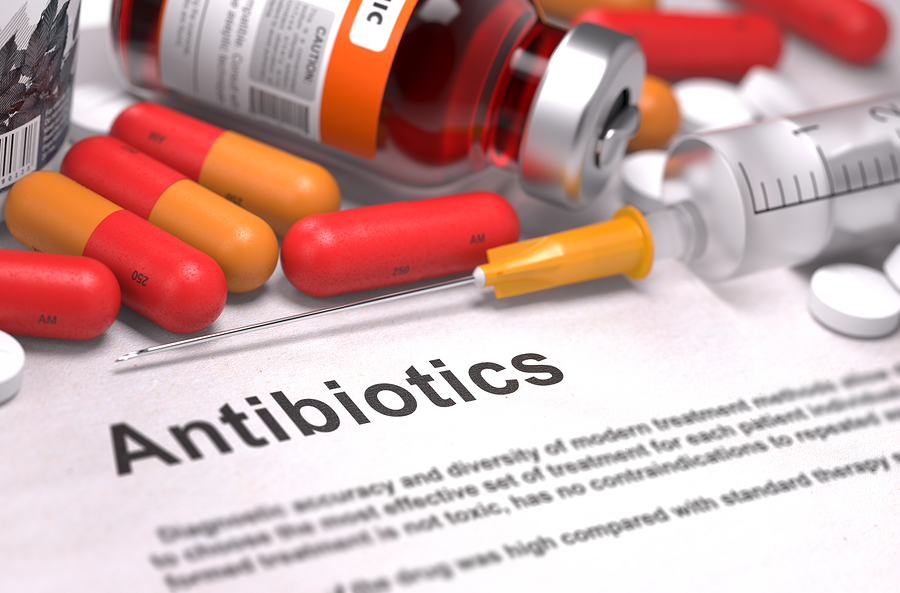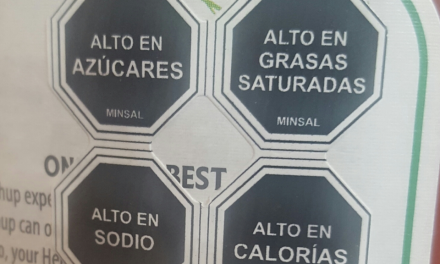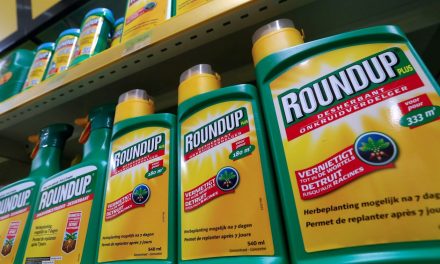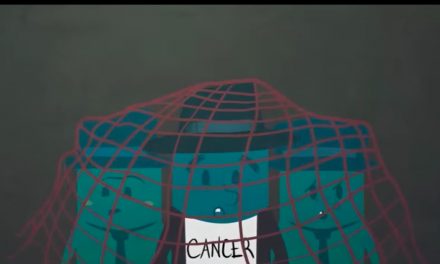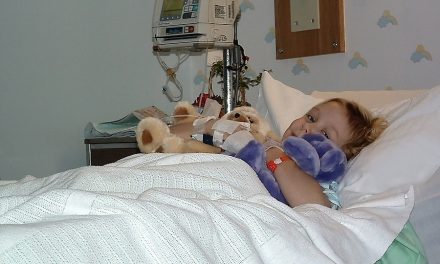Scientists have found a new strain of bacteria resistant to ALL antibiotics
People in the natural health community have been warning about the potential for a superbug, one impervious to all our antibiotics, for years and it seems that Chinese and British scientists have recently found one. First discovered in a pig, then in raw pork meat and finally in a number of people, this strain of e.coli carries a gene named “mcr-1” and it’s a particularly scary gene. Researchers were hoping they could keep it inside of China but it was found this week in Denmark, Germany and Malaysia.
This new strain of e.coli works by strengthening other bacteria, effectively giving them an antibiotic shield.
Dr Sanjaya Senanayake from ANU College of Medicine, Biology and Environment told news.com.au:
“These are very bad superbugs to have. We in Australia are a lot better off than other countries in terms of dealing with resistant bacteria but we are starting to see them come here. The issue of course is Australians travel and when people travel and visit other countries, they drink the water, eat food, walk around and you pick up the local bacteria. A number of studies have shown that travelers going to countries that have resistant bacteria in them will often come back with those resistant bacteria sitting in their bowels. If it doesn’t cause an infection then it’s OK and usually after a few months they lose that bacteria. But if it does it can cause serious problems.”
Because this new strain has the ability to protect other bacteria, making them resistant, common infections in humans will now become “pan-resistant” to the antibiotics we currently have. This will make some infections incurable. Sadly, it seems this may have been preventable had we not overused antibiotics, especially in the agricultural industry. The need for a border between antibiotics for humans and animals is more important now than ever. Again, Dr. Senanayake, “…one of the bigger factors is that animals consume a lot of antibiotics. In the US, for example, about 80 per cent of antibiotics used are used in animals not humans.”
In recent years, governments, in particular the US, have tried to provide incentives for pharmaceutical companies to make new antibiotics. If that doesn’t happen, and we don’t begin to prescribe less, some estimate that by 2050 around 100 trillion dollars will be spent on antibiotic resistant bacteria and we could lose about 300 million people.
We have played the antibiotic game for far too long and are now paying the consequences. While we do hope that scientists can come up with new antibiotics, perhaps it is time to invest real time and money into the many plant based options we already have.
Source: news.com.au



